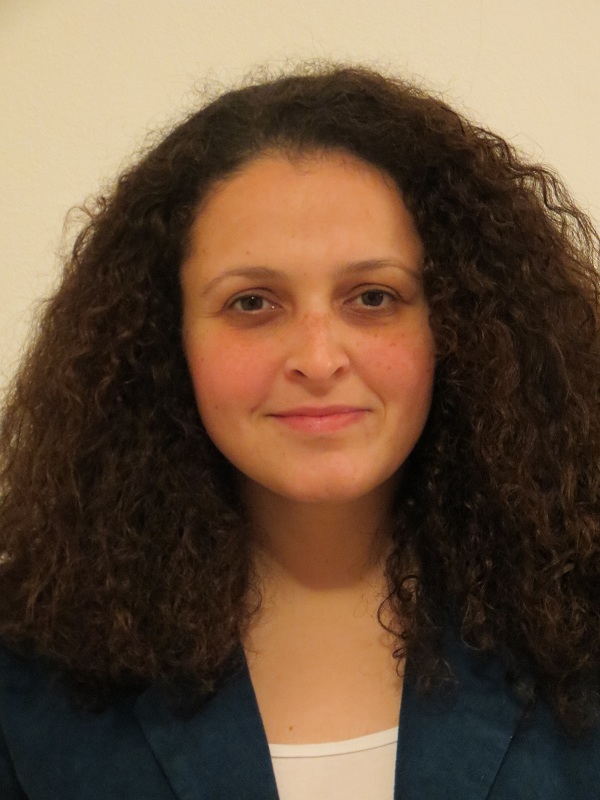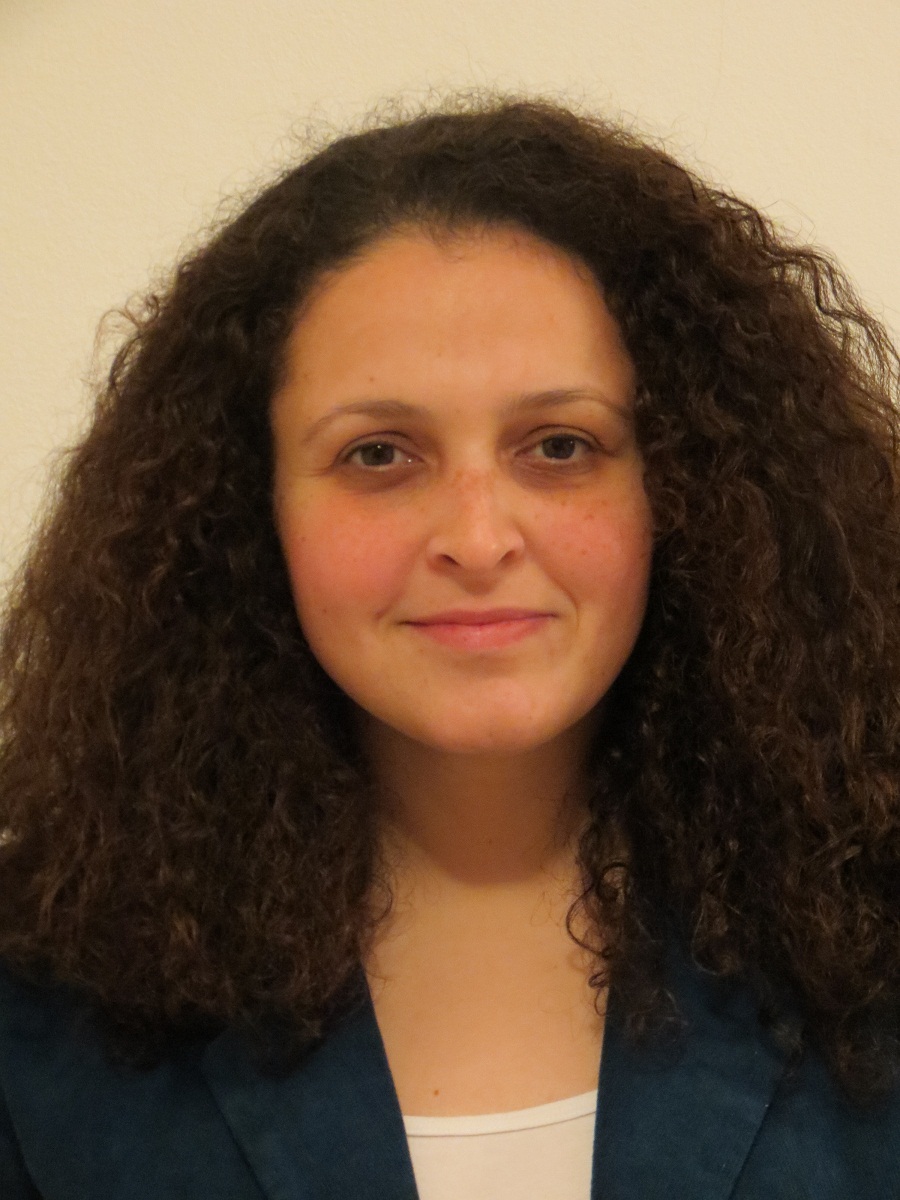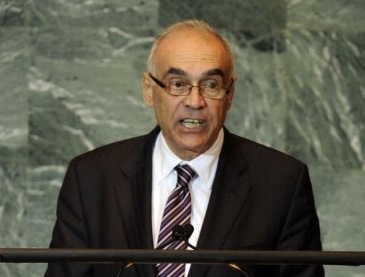
What happened on Saturday, marking the third anniversary of the 25 January Revolution, was simply surreal.
Hundreds of thousands, as expected, were in Tahrir Square, celebrating. Posters of Defence Minister Abdel Fattah Al-Sisi were all over the square, with people on live TV “pleading” for him to run for presidency.
Any political analyst worth his salt would state that they saw this coming, following the state of the Nasserist fitting-euphoria in the media since 3 July, following the military backed ousting of Mohamed Morsi. Many of the Egyptian people, particularly those over 50 years of age, prefer the familiar, thus, personalising the events following the ousting of Morsi into the character of Al-Sisi was expected. The familiar always presents a reliable life path.
On the other side of the square, where almost no Arabic-speaking media outlets existed, protests erupted following calls from the Revolutionary Front to take to the streets in separate demonstrations, demanding the fulfillment of the 25 January Revolution and announcing their refusal of the Supreme Council for the Armed Forces (SCAF), the Muslim Brotherhood and the remnants of the Mubarak regime. They wanted to tell the world that the revolution exists in the heart of the mostly very young people who were protesting that day.
I was personally against a protest on this day for two main reasons: the Brotherhood-after being completely drained for the last six months of credible street power-will try and claim these protest for their own, and the police are looking for an opportunity to get back at those young men and women, whose only loyalty is to the cause rather than a political group. These young people are much more dangerous than the Brotherhood; those who believe in a country for all are always the most dangerous breed.
It is a chess game and the revolutionaries have not yet learned to count their moves with intelligence.
Regardless of my own view, what happened that day was staggeringly vicious, and surprisingly well-muzzled by most media outlets. Thousands of peaceful protesters at the Press Syndicate, Talaat Harb, Mostafa Mahmoud, Maadi and elsewhere were viciously attacked by the police who used tear gas, birdshots and live bullets against the new, young, dangerous breed, killing nearly 49 and arresting 1,079, the largest arrest bust recorded-even under the Mubarak era.
The message was clear that day; no protests allowed. The irony is that the new constitution and even the much-loathed Protest Law bans security personnel from attacking a peaceful protest. The cover is blown; the state is not really a state.
In Maadi, a group of protesters, some of them high-profile rights activists, were protesting for a country that upholds human rights when they were arrested. Expected, but what happened later was revealing. Several of the well-known human rights lawyers, like Mahmoud Belal and Amr Imam, went to the police station to check on their friends and “clients”. They were barred from entering, threatened to be shot and were told by a couple of officers that “the station is closed for the day”. This kind of action showcases that vendettas are alive and well in this country between the corrupt security bodies and those who took them down a notch. Under which law is a lawyer forbidden from seeing his client?
The new constitution, hailed by its creators as a beacon for preserving human rights, probably has not met the Egyptian Ministry of Interior.
Currently, we have reverted to 2011- with people looking for the dead, the arrested and the missing.
The most interesting part of Saturday’s events is the fact that few Egyptians beyond those in the news business have actually heard of the clashes. The Arabic-speaking media has pulled a successful cover of what was happening yesterday, branding it as skirmishes with Brotherhood affiliates, “thus sympathy is not required”.
The collaboration of the security apparatus-both of the armed forces and the police- with some very willing media outlets has resulted in a ruse that would make Joseph Goebbels proud.
Many were wondering why Minister of Interior Mohamed Ibrahim kept his position following the death of many officers and civilians in explosions, shootings and other activities. Well, now we know; a new reign of police terror is to begin. It seems the very popular Al-Sisi and SCAF are about to become extremely unpopular among the majority of the young, very angry people who will not take it lying down.
There is something to be said about the Egyptian people; the millions who took to the streets to take down Mubarak did it with the “hope” of a better future. The Brotherhood successfully manipulated them with closed door deals and took the country’s reins for a while until they were exposed. Then the same millions took to the streets on 30 June to take down another Islamist dictator, with the “hope” of still a better future, and now, the security apparatus -both the armed forces and the police- think that they can go back to Mubarak-era practices with the blessing of the old generation seeking “stability” over anything else.
Unfortunately for them, the majority of this population is under 30 years old, very angry and tenacious in their “hope” for a better future. There are not enough media ruses by which this tech-savvy generation could be blinded, nor enough bullets to stop them.
The revolution will continue, even if it takes years, empowering the youngsters to live with “bread, freedom and social justice”.
Then, we shall celebrate.


